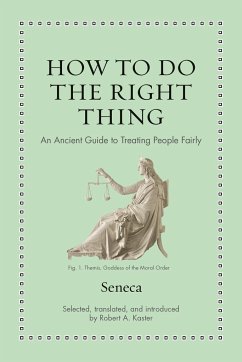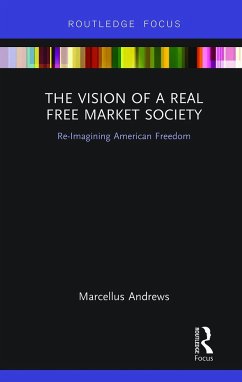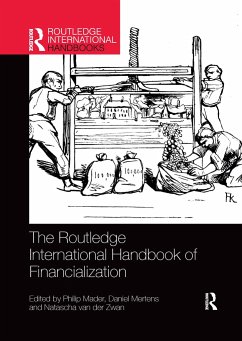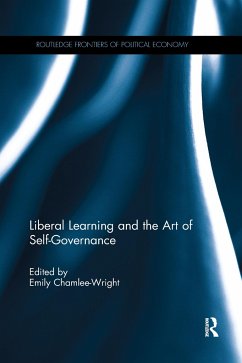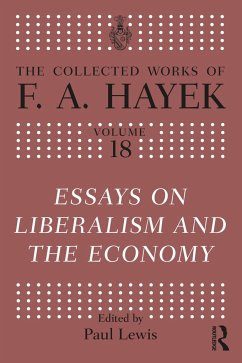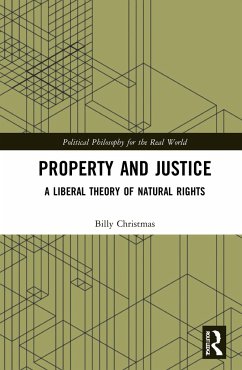
The Routledge Companion to Libertarianism
Versandkostenfrei!
Versandfertig in 6-10 Tagen
55,99 €
inkl. MwSt.

PAYBACK Punkte
28 °P sammeln!
Have you ever wondered what libertarians think about vaccine mandates? About gun control? About racial and sexual inequalities? While libertarianism is well known as a political theory relating to the scope and justification of state authority, the breadth and depth of libertarian work on a wide range of other topics in social and political philosophy is less well known. This handbook is the first definitive reference on libertarianism that offers an in-depth survey of the central ideas from across philosophy, politics, and economics, including applications to contemporary policy issues.The fo...
Have you ever wondered what libertarians think about vaccine mandates? About gun control? About racial and sexual inequalities? While libertarianism is well known as a political theory relating to the scope and justification of state authority, the breadth and depth of libertarian work on a wide range of other topics in social and political philosophy is less well known. This handbook is the first definitive reference on libertarianism that offers an in-depth survey of the central ideas from across philosophy, politics, and economics, including applications to contemporary policy issues.
The forty chapters in this work provide an encyclopedic overview of libertarian scholarship, from foundational debates about natural rights theories vs. utilitarian approaches, to policy debates over immigration, punishment and policing, and intellectual property. Each chapter presents a comprehensive and up-to-date overview of historical and contemporary libertarian thought on its subject, and thus serves as an essential guide to current scholarship, and a starting place for discovering future lines of research. The book also contains a section on criticisms of libertarianism, written by leading scholars from the feminist, republican, socialist, and conservative perspectives, as well as a section on how libertarian political theory relates to various schools of economic thought, such as the Chicago, Austrian, Bloomington, and Public Choice schools.
This book is an essential and comprehensive guide for anyone interested in libertarianism, whether sympathizer or critic.
The forty chapters in this work provide an encyclopedic overview of libertarian scholarship, from foundational debates about natural rights theories vs. utilitarian approaches, to policy debates over immigration, punishment and policing, and intellectual property. Each chapter presents a comprehensive and up-to-date overview of historical and contemporary libertarian thought on its subject, and thus serves as an essential guide to current scholarship, and a starting place for discovering future lines of research. The book also contains a section on criticisms of libertarianism, written by leading scholars from the feminist, republican, socialist, and conservative perspectives, as well as a section on how libertarian political theory relates to various schools of economic thought, such as the Chicago, Austrian, Bloomington, and Public Choice schools.
This book is an essential and comprehensive guide for anyone interested in libertarianism, whether sympathizer or critic.






